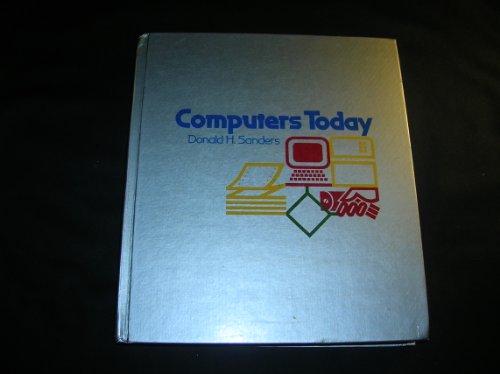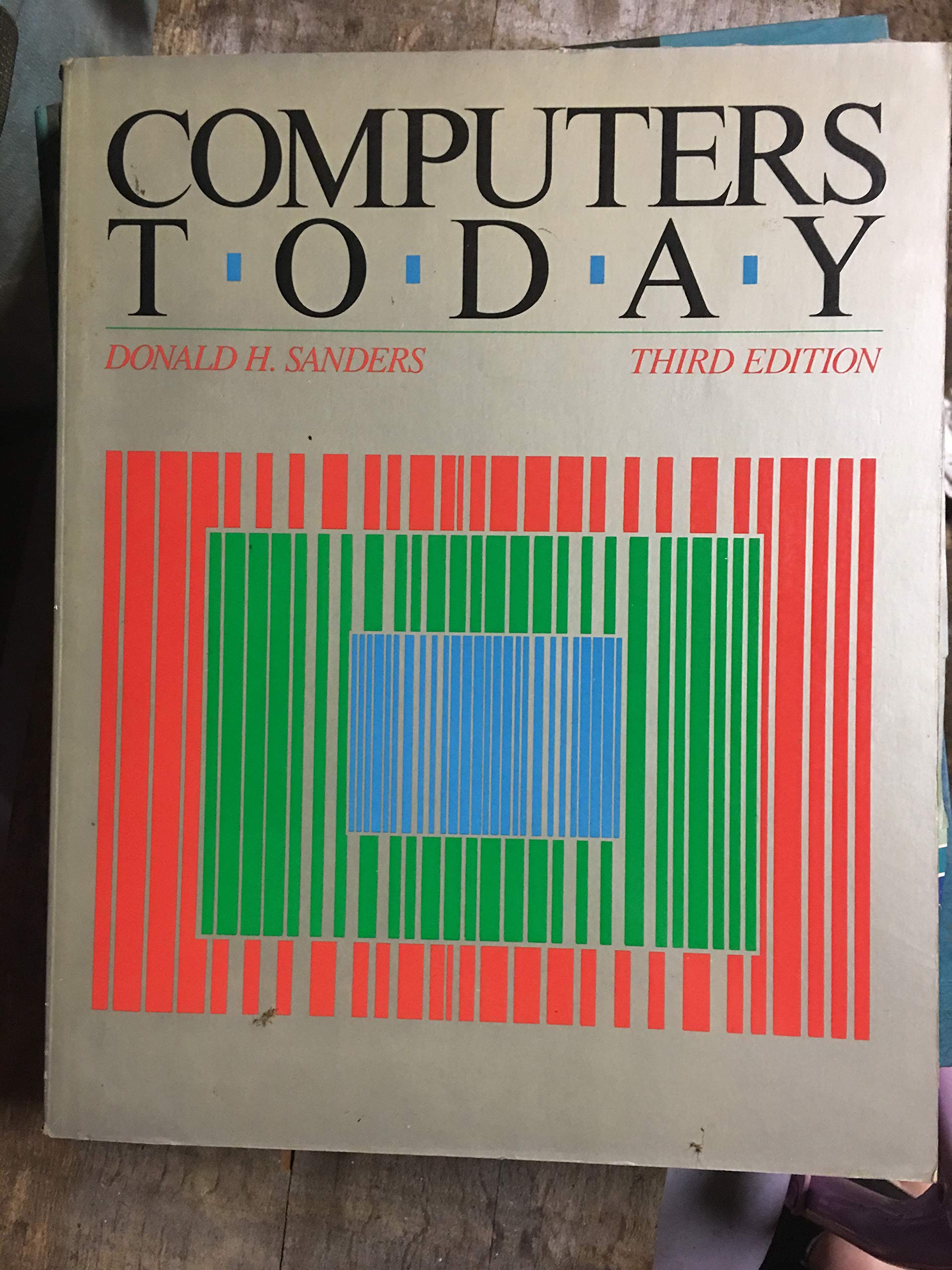Understanding Next-Generation Hardware Components
The heart of any modern computer system lies in its carefully orchestrated collection of hardware components, each playing a crucial role in overall system performance. Today's CPUs feature advanced architectures with multiple cores, sophisticated cache hierarchies, and integrated graphics capabilities that were unimaginable just a decade ago.
Memory technology has similarly evolved, with DDR5 RAM offering unprecedented bandwidth and efficiency improvements over previous generations. Storage solutions have transitioned from traditional mechanical hard drives to lightning-fast NVMe SSDs, fundamentally changing how operating systems and applications handle data access patterns.
Graphics processing units have become increasingly important beyond their traditional gaming applications, now serving as the backbone for machine learning workloads, video editing, and scientific simulations. The integration of ray tracing capabilities and AI-enhanced rendering techniques has elevated visual computing to new heights.




